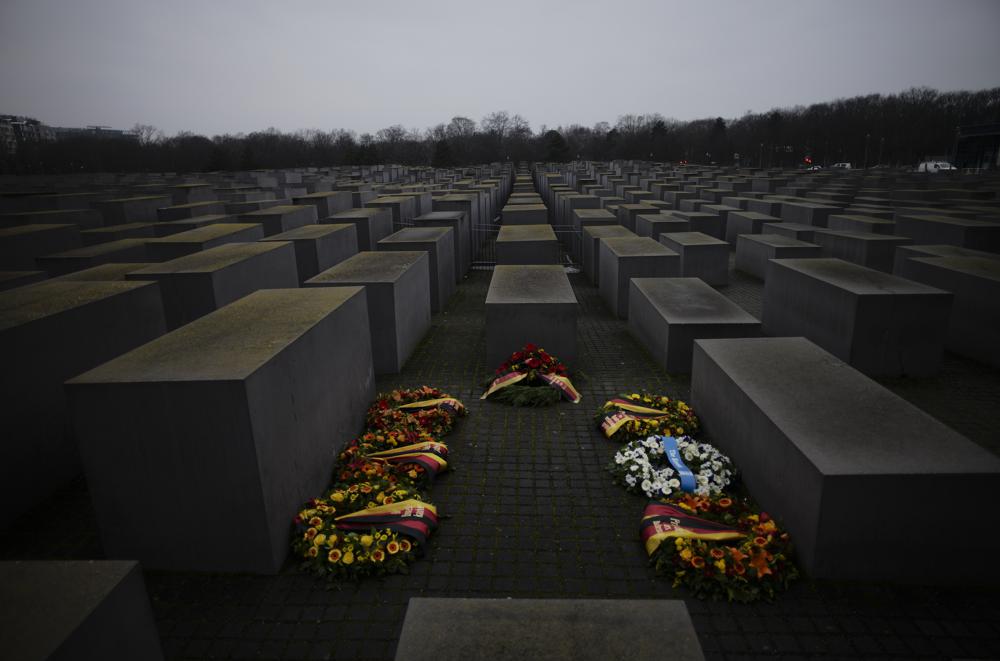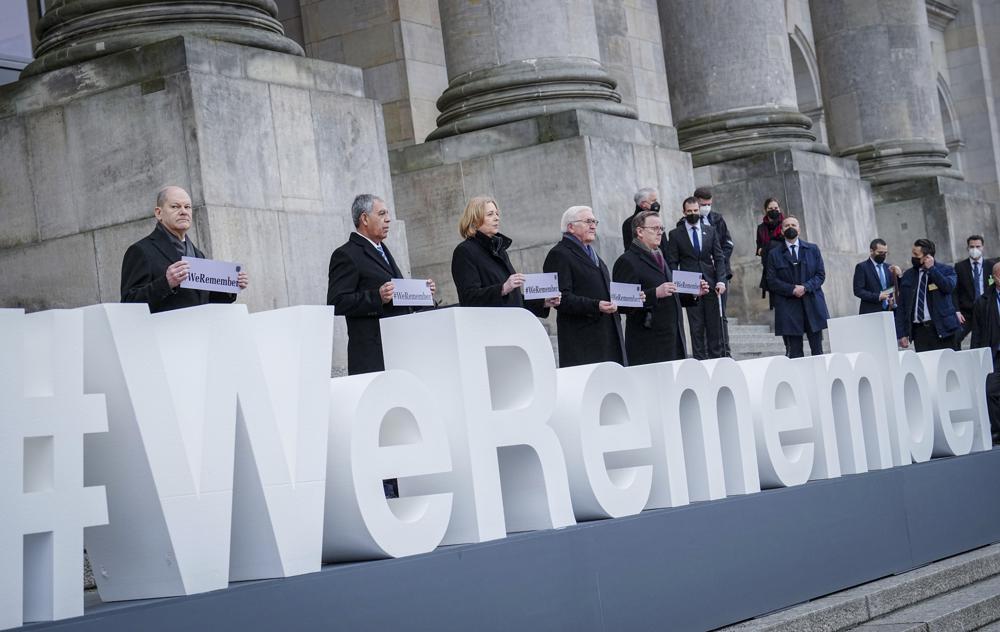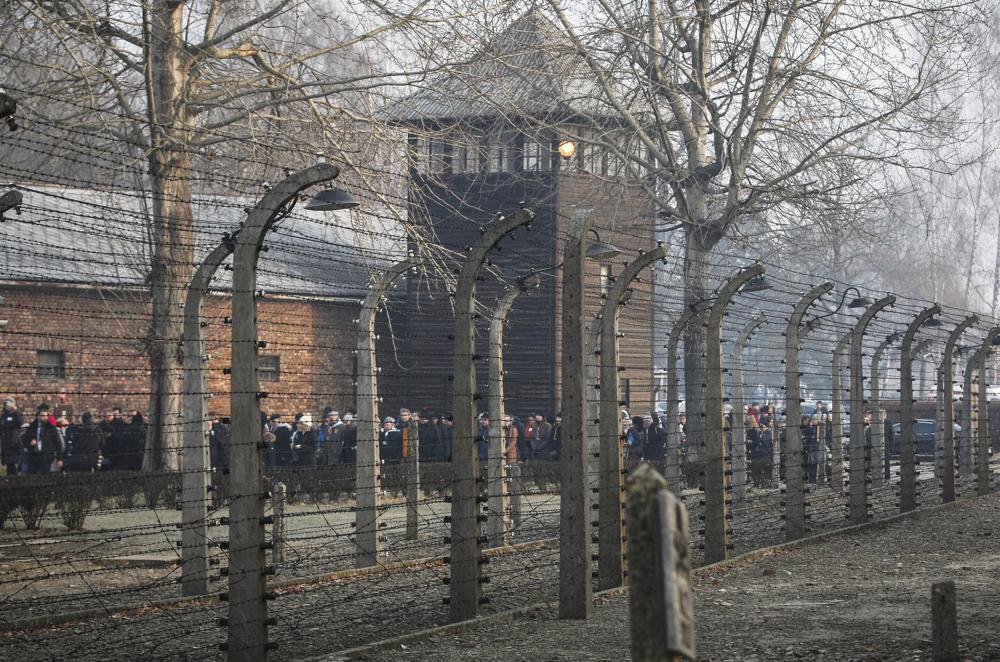
As the world remembers Nazi atrocities and honoured the 77th anniversary of the liberation of the Auschwitz concentration camp on Thursday, Holocaust survivors and lawmakers warned of a revival of antisemitism and Holocaust denial.
“I have lived in New York for 75 years, but I recall vividly the awful time of misery and hatred,” Holocaust survivor Inge Auerbacher, 87, told the German senate. “Unfortunately, this cancer has resurfaced, and anti-Semitism is now again rampant in many nations around the world, including Germany.”
Commemorations took held in the midst of an increase in antisemitism, which gained traction during lockdowns as the coronavirus pandemic fueled hatred online. “This disease must be cured as soon as possible,” Auerbacher stated.
The coronavirus outbreak, according to German parliament speaker Baerbel Bas, has worked “like an accelerant” to already increasing antisemitism. “Antisemitism is here — it’s not only on the periphery, it’s not just among the perpetually incorrigible and a few antisemitic trolls on the internet,” she remarked. “It is a problem that affects our entire society.”
The annual memorial was established by a resolution passed by the United Nations General Assembly in November 2005, and the date was chosen to coincide with the liberation of Auschwitz-Birkenau by Soviet soldiers on January 27, 1945.

Because of the pandemic, several International Holocaust Remembrance Day events were organised online again this year. A tiny commemoration, however, was planned at the former Auschwitz death camp, where Nazi German forces massacred 1.1 million people in German occupied Poland during World War II. The memorial site had previously been closed during the pandemic, but it reopened in June.
During the Holocaust, the Nazis and their collaborators killed around 6 million European Jews as well as millions of other people. There were 1.5 million children.
“Our country bears a specific responsibility – the genocide against European Jews is a German crime,” Bas said at a special parliamentary session attended by the country’s leaders in Berlin.
During a recitation of the Jewish mourner’s prayer from a prayer book belonging to a German Jewish kid who celebrated his bar mitzvah on the eve of Kristallnacht, Israel’s parliamentary speaker, Mickey Levy, burst into tears in Germany’s Bundestag.
According to Levy, Israel and Germany went through “an extraordinary journey on the way to reconciliation and establishing contacts and genuine friendship between both the countries.”

During the anti-Jewish pogrom of November 1938, Auerbacher was nearly injured by a stone hurled by Nazi thugs. She and other Jews were deported to the Theresienstadt camp-ghetto in August 1942.
“I was 7 years old and the youngest of approximately 1,100 individuals, of whom my parents, I, and a few others survived,” she explained.
European Union MPs gathered in the European Parliament to listen to the ordeal of Holocaust survivor Margot Friedlander, who is 100 years old. She was apprehended while on the run in 1944 and taken to Theresienstadt in what is now the Czech Republic. Her mother and brother had been sent to Auschwitz a year prior, where they were both slaughtered.
Friedlander and her husband moved to the United States in 1946, and she moved back to Berlin in 2010. She has now travelled around Germany telling the narrative of her life and promoting Holocaust remembering.
To combat Holocaust denial, UNESCO and the World Jewish Congress announced a collaboration with the popular online video platform TikTok on Thursday. They claim that by searching for terms linked to the Holocaust, users will be directed toward reliable information.
According to the United Nations, 17 percent of Holocaust-related content on TikTok either denied or distorted the Holocaust.

Post Your Comments